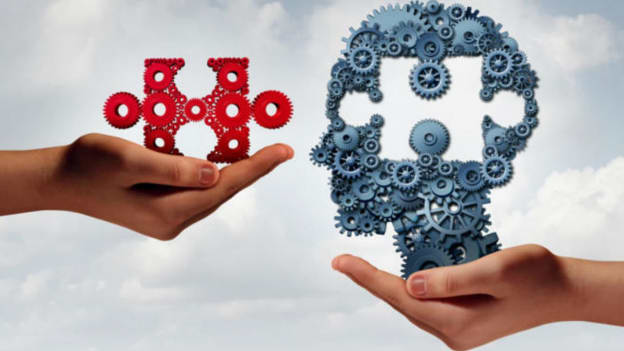Neurodiversity can make the world work better

Recently, while hosting a show, Tesla CEO Elon Musk revealed that he has ‘Asperger’s Syndrome’. His words and actions have always had an impact on business, so to hear him share this information made an impact as well – it helped build awareness of neurodiversity. Climate activist Greta Thunberg, who has Asperger’s once said that she is, “sometimes a bit different from the norm. And - given the right circumstances - being different is a superpower.”
Before we delve further on neurodiversity, it is important to first understand how it is defined. According to the Cambridge dictionary, neurodiversity is ‘the idea that people having a range of different types of brain, including those with and without autism, should be regarded as part of normal human life’. The concept of neurodiversity is often used to refer to the autism spectrum, and some definitions may include learning disabilities as well as mental health conditions.
The 21st century is all about driving sustainable growth and bringing innovation to everything companies do. There is enough and more data to suggest that people on the autism spectrum can spur innovation and bring in different perspectives.
Given this background and as we progress more and more towards a digital and technology dependent world, in my view it makes a lot of business sense to hire neurodiverse individuals. Hiring neurodiverse candidates is not about making exceptions. It is about hiring for talent. A few months ago, our organization assessed neurodiverse candidates and after a rigorous three-step process we made offers to the selected candidates. We plan to hire more neurodiverse talent and ensure they feel included. Neurodiverse individuals are often technologically inclined and detail oriented. These individuals can be tenacious and loyal workers. Their logical and straightforward thinking can lead to process improvements that can in turn increase productivity. We believe that just as we hire people with specialist skills in certain functions, hiring neurodiverse individuals for their skills is the smart thing to do.
According to a study by the Drexel University, 58% of young adults with autism are unemployed. This can result in a sense of isolation and financial as well as social insecurity as dependency on parents and government-based organizations increases. The group is often overlooked as a talent pool. It is time for employers to turn these challenges into opportunities for neurodiverse people.
Some more important statistics as per National Autism Indicators Report by Drexel University are worthy of mentioning:
- Fewer than one in six autistic adults is in full-time employment.
- Less than 16% of survey participants have full-time paid work. This figure has hardly changed since 2007.
- Another important consideration in establishing a culture of neurodiversity is millennials. From the recent engagement that I have had with the millennials we have hired we know they want to work in an organization that champions ethical practices and has a forward-thinking approach. Establishing a neurodiversity programme is not a complex task. For an organization that hasn’t embarked on the neurodiversity journey, I would recommend learning from those who have witnessed success in this area.
Big, impactful change can really start with small and simple steps. Begin by having conversations with HR, the business and of course diversity and inclusion champions, leaders. Recruit neurodiverse candidates, who have the skills needed for the roles, intentionally. Normalize conversations about people who are different and value people who think differently. This will drive innovation and more importantly, create a strong sense of belonging in the people.
We are all born differently, raised differently. Our thinking differs from each other. Our uniqueness brings in varied perspectives and innovative ideas and this is no different for neurodiverse people. Driving real change, building a world that works better can start simply by including different voices and respecting differences.















